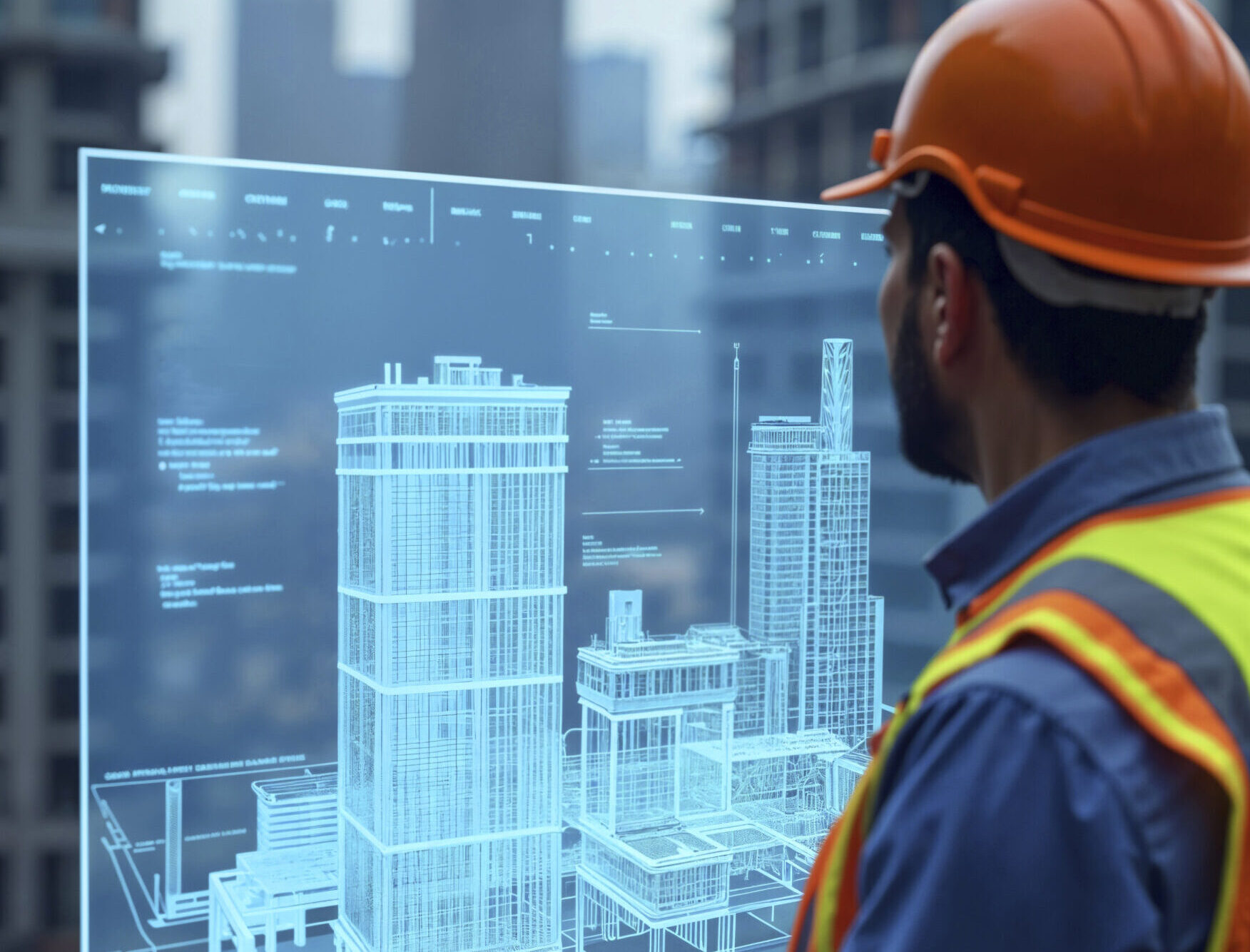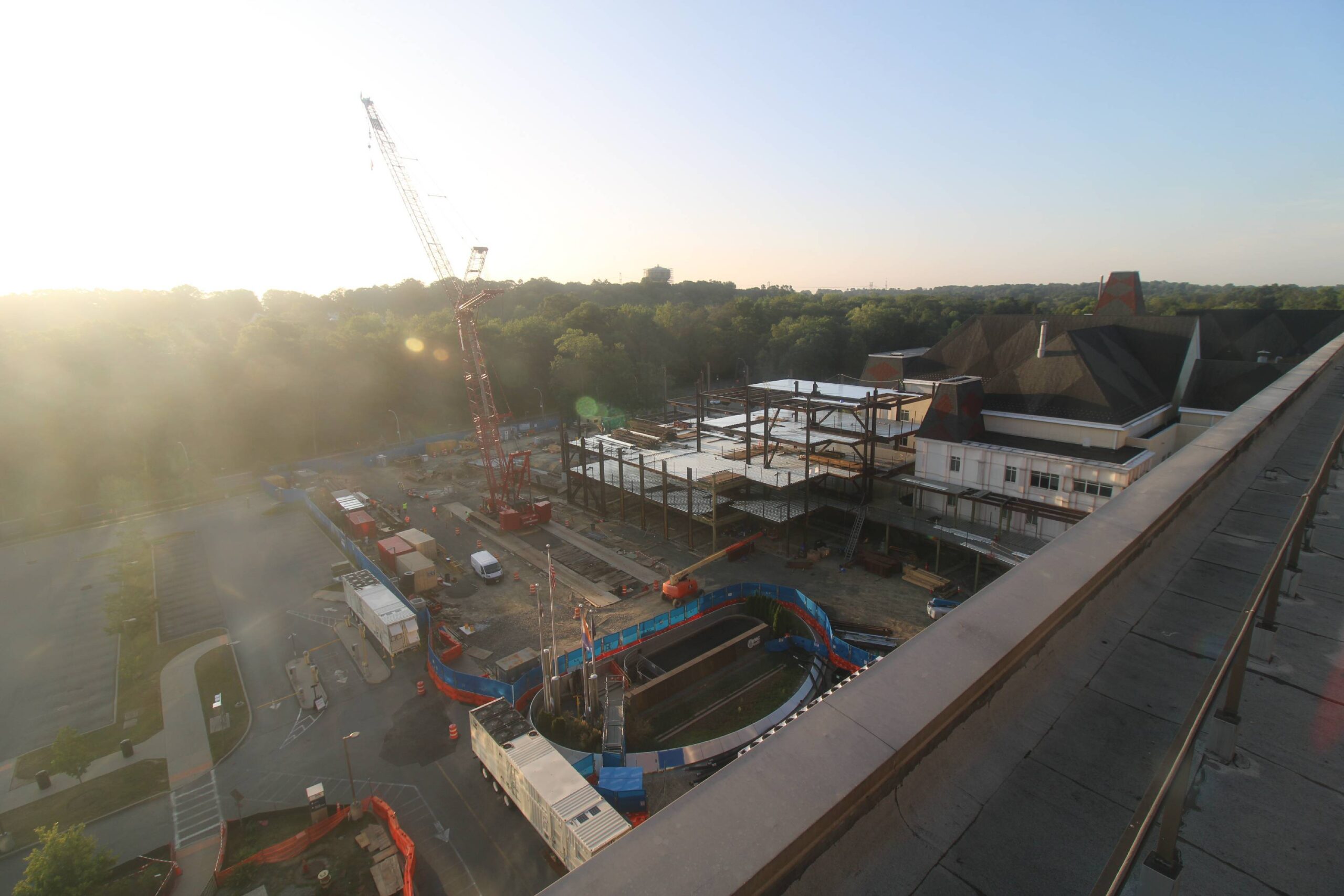Having advanced tools isn’t enough. Success requires the right data, training, and cultural shift.
In “Building Smarter, Not Harder: How AI is Transforming Complex Construction Projects,” Dr. Adis Sehic, Associate Director of BIM/Risk/Schedule at Group PMX, explores how artificial intelligence is reshaping the construction industry for The AI Journal.
Large-scale construction projects face unprecedented complexity, coordinating multiple stakeholders, revenue streams, and regulatory requirements against economic uncertainty and ESG considerations. To remain competitive, the industry is embracing cutting-edge technologies that revolutionize project delivery.
3D laser scanning and Building Information Modeling (BIM) have transformed construction coordination. Laser scanning provides critical insights into existing structures, identifying invisible issues and enabling data-driven planning that mitigates utility conflicts and property damage. BIM synthesizes this data into accessible digital models, creating transparency across project teams and dramatically reducing costly rework through centralized information sharing.
The evolution to 5D modeling incorporates cost and time factors, allowing real-time visualization of design change impacts and budget optimization. This technology streamlines material quantity calculations, reducing over-ordering, delays, and budget overruns.
AI integration supercharges these capabilities by automating schedule optimization, risk prediction, and resource allocation. AI can generate complete project schedules from scope documents and historical data in hours rather than weeks, analyzing logical relationships and dependencies. Predictive tools enhanced by AI provide detailed insights into potential timeline impacts and recommend mitigation strategies.
However, adoption challenges remain significant. Data quality concerns, technical proficiency requirements, and the need for cultural shifts from reactive to predictive planning present barriers. Success requires leadership commitment, proper training, and integration with existing software systems.
As construction technology grows more sophisticated, project managers increasingly serve as crucial bridges between AI developers and project teams, ensuring that digital workflows are grounded in real-world experience and practical application.
Read the full article here to discover specific AI tools transforming the industry and actionable strategies for successful implementation in your next project.

“AI-integration supercharges the tools in a project manager’s belt, automating processes that are otherwise repetitive and time-consuming. “
Adis Sehic, PhD
Associate Director, BIM/RISK/SCHEDULE
Date
June 30, 2025
Categories
Take your next project
to new heights.
Wherever you are with your next project, we’ll help you move forward, faster than ever.


